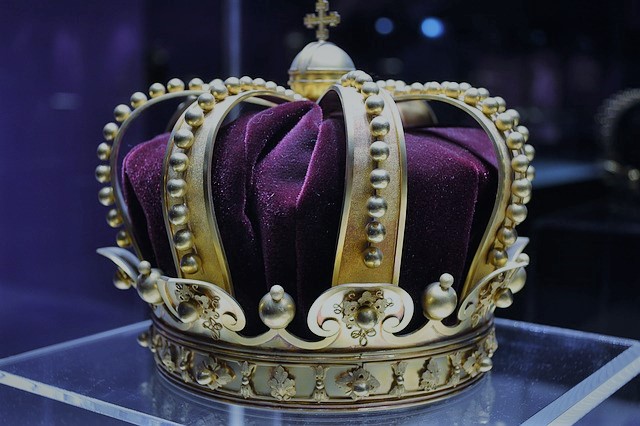Love in Romeo and Juliet
‘Did my heart love till now? forswear it, sight! / For I ne'er saw true beauty till this night.’
Romeo and Juliet is famous for being a love-story above all other things. The very names of the characters are linked in our minds with passion and devotion.
When Romeo first sees Juliet he says: “Oh, she doth teach the torches to burn bright!” (she is so beautiful that she lights up the room better than any torch). Then the couple speak in a sonnet when they meet (a poetic form linked with love) and the sonnet ends with a kiss - having spoken only 14 lines!
Juliet finds that Romeo is a Montague. She says: “My only love sprung from my only hate!”, her words mirroring Romeo’s earlier line “O brawling love! O loving hate!” The lines may suggest that Romeo and Juliet have similar personalities and that they are both attracted to extremes.
As their love develops Romeo continues the motif of Juliet as a bringer of light: “Juliet is the sun”. And Juliet says, that their love could become a “beauteous flower”.
But this is Shakespeare...
The opposing view is that Romeo and Juliet are attracted to drama and excitement, and that their love that seems so perfect is in fact rather shallow. We see this in Act 1. Romeo begins the play in love with Rosaline, locking himself in his room, making an “artificial night” , and hiding in the woods. And yet when he goes to the Capulets’ party his affections are transferred to Juliet in an instant.
When Romeo kills Tybalt he is banished from Verona. Romeo’s reaction to banishment forces the audience to consider that Romeo’s love may be a product of his immaturity. He should be grateful for the prince’s mercy. Instead he says, “There is no world without Verona walls”. True to his character his reaction is hyperbolic (extreme). We might also notice that he does not mention Juliet in this speech.
At the end of the play, Romeo’s reaction, “unsubstantial death is amorous”, is to dismiss life and death entirely. Romeo says that death is “amorous” like a lover. Even at the end of the play Romeo is still in love with extremes.
SUMMARY
In Romeo and Juliet, love is forceful and complex. It is creative and destructive, and yet strongly linked with immaturity and self-absorption.
While Romeo and Juliet share a powerful love. Shakespeare is not glorifying romantic love. Instead he presents is critical view of the dangers of infatuation.
In Romeo and Juliet, love is forceful and complex. It is creative and destructive, and yet strongly linked with immaturity and self-absorption.
While Romeo and Juliet share a powerful love. Shakespeare is not glorifying romantic love. Instead he presents is critical view of the dangers of infatuation.



0 Comments